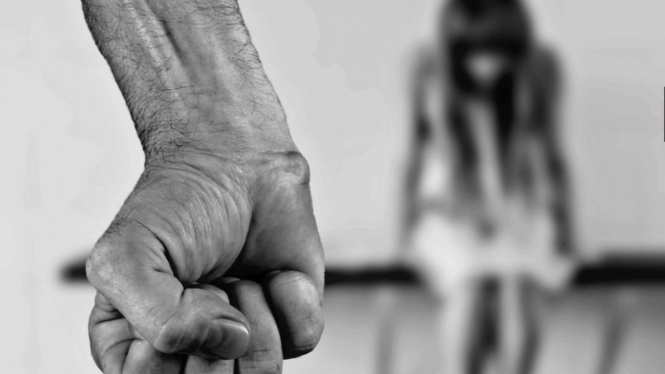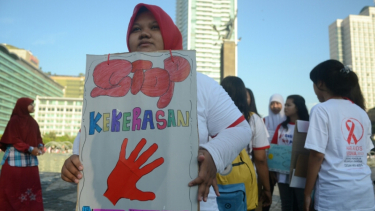Seven Points Of Improvement In The Sexual Violence Bill
- pixabay
VIVA – There are at least seven progressive items in the sexual violence law ratified by the House of Representatives and the government, the Witness and Victim Protection Agency (LPSK) said.
"In the law, there are seven contents which are considered very progressive with regard to the protection of witnesses and victims," LPSK deputy chair Livia Istania D.F. Iskandar said in a written statement received on Tuesday.
Demo tolak kekerasan seksual.
- VIVAnews/Ikhwan Yanuar
The first item is related to restitution. The regulation regarding restitution puts emphasis on the responsibility of the perpetrator, starting from demanding payment from the perpetrator, the imposition of a third party, confiscation of the perpetrator's assets, and additional penalties if the perpetrator is unable to pay or in the absence of a third party.
As per the draft law, the state will assume responsibility if the perpetrator is unable to pay restitution, she said. In case the perpetrator is a corporation, sanctions would be awarded in the form of a partial closure of the business, and the business activities of the corporation will be closed for a maximum of one year.
The second item is the regulation of victim trust funds. If the assets confiscated and provided to the victim are insufficient, the state will compensate the victim with restitution decided by court.
Iskandar explained that the victim aid fund can be obtained from philanthropic institutions, communities, individuals, corporate social responsibility, other legal and non-binding sources, and the state budget, in accordance with the provisions of the legislation.
Third, the protection mechanism for victims will be carried out in stages. The first stage is temporary protection by the police, or the victims could apply for protection to the Witness and Victim Protection Agency no later than 1x24 hours. Temporary protection will be provided for a maximum of 14 days.
In terms of arrangements regarding companions for sexual violence victims who have been accommodated, companions could be provided during all phases of examination in the judicial process, with the agency's officers serving as one of the companions.
"The companion must also meet the requirements, both (in terms of) competence, (as in they must) have participated in (relevant) training, and (they must be) of the same sex or gender as the victim," she elaborated.
The fifth item pertains to the examination of witnesses or victims. Some regulations include the reading of police investigation reports should the witness or victim be unable to attend the trial for reasons such as health, security, and safety, among others.
The sixth item is related to the rights of victims, their families, and witnesses. The regulation set in the Law on the Protection of Witnesses and Victims will remain in effect, unless stated otherwise by the Sexual Violence Crime Bill.
"The rights given to victims are the right to treatment, protection, and recovery, of which the procedures are regulated by government regulations," Iskandar said.
Lastly, the law brings up the implementation of integrated services for women and children, which are under the purview of central and regional governments. (ant)





























